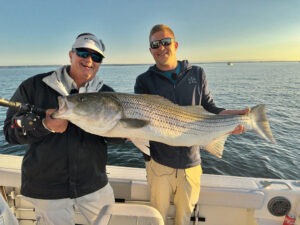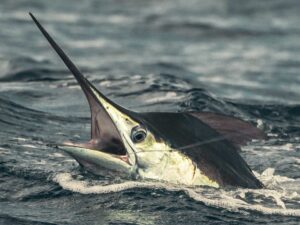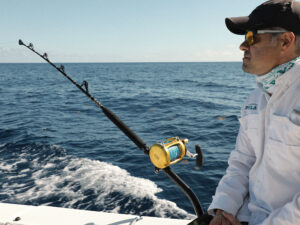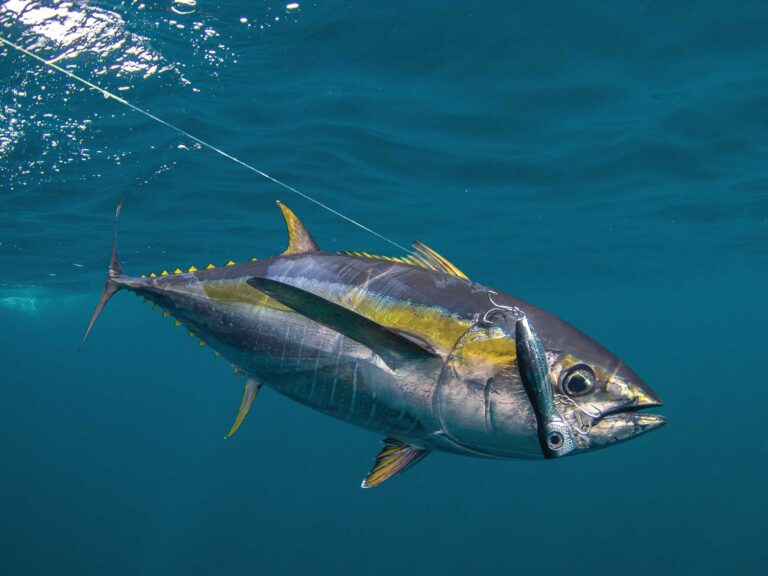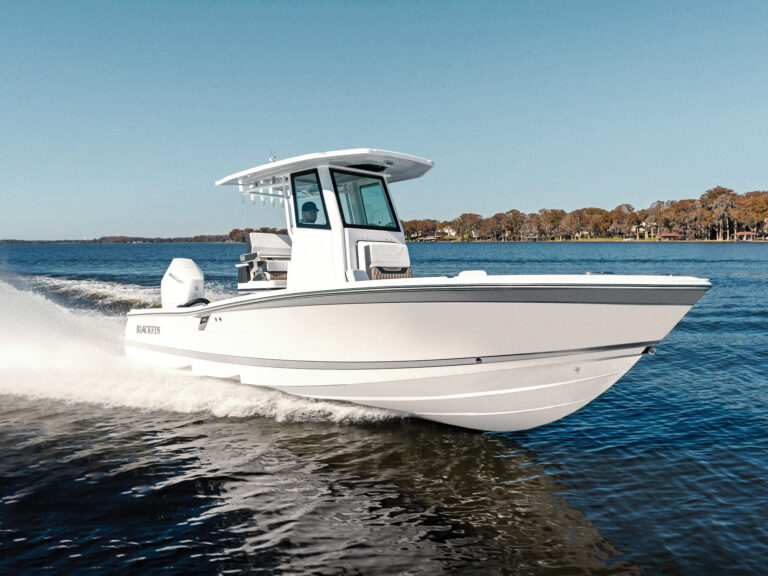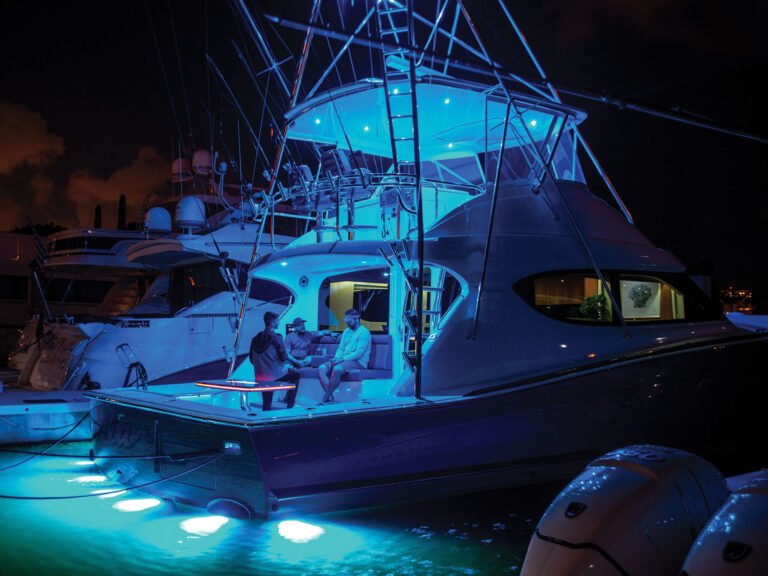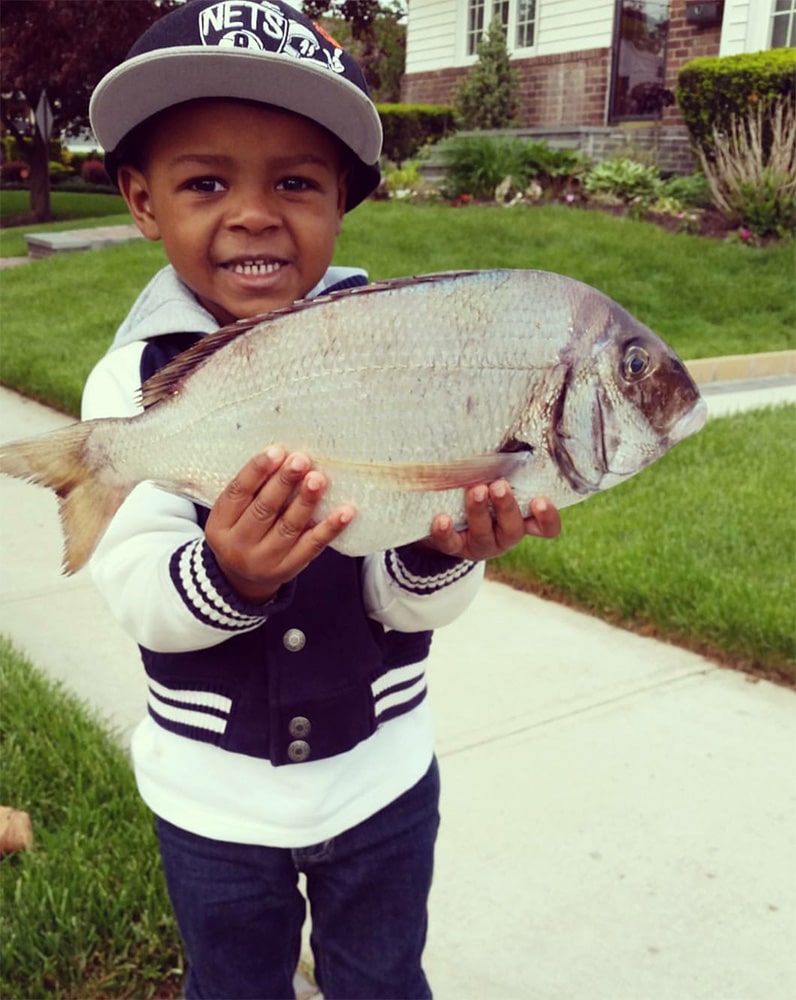
It’s important to immerse kids into saltwater fishing carefully. If early experiences are positive, they’ll be more likely to continue fishing as adults. Plus, they learn many valuable lessons in the process.
The most obvious benefit is that it’s a family outdoor activity, not done with a computer joystick or television. It’s a sport that entails physical exercise and hand-eye coordination. Plus, it also teaches discipline and patience as participants learn the technical aspects of tackle and catching. Once novice anglers understand what it takes to be successful, they also gain self-confidence and a sense of pride with their achievements. Fishing helps youngsters develop an appreciation for the marine environment and the animals themselves, which bodes well for conservation and the future.
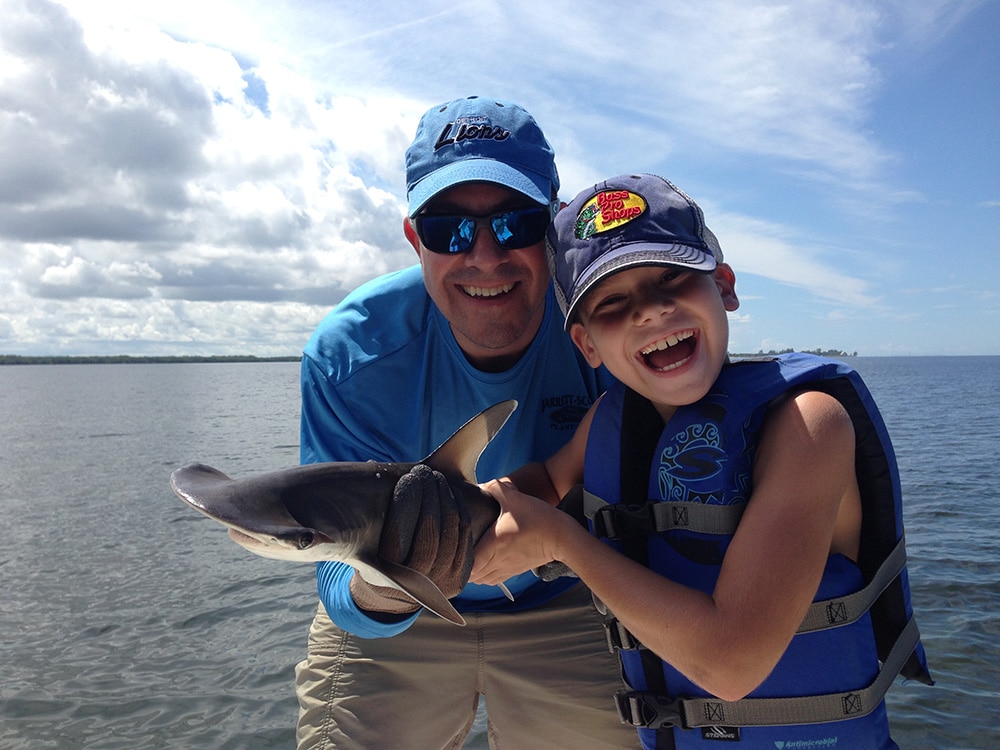
Tips for Fishing with Kids
Here are six suggestions for how to get the next generation interested in fishing.
• Don’t turn the trip into a big production. A pier, dock or shore is a great place to start. Treat the trip as an adventure and explore the area you’ll be fishing. Study charts together and plan a simple strategy.
• Remember that kids have a short attention span and can only handle so much information at a time. In other words, don’t expect them to fish for long durations. Sophisticated tackle isn’t required, but it should be reliable. Make sure to pack snacks and toys.
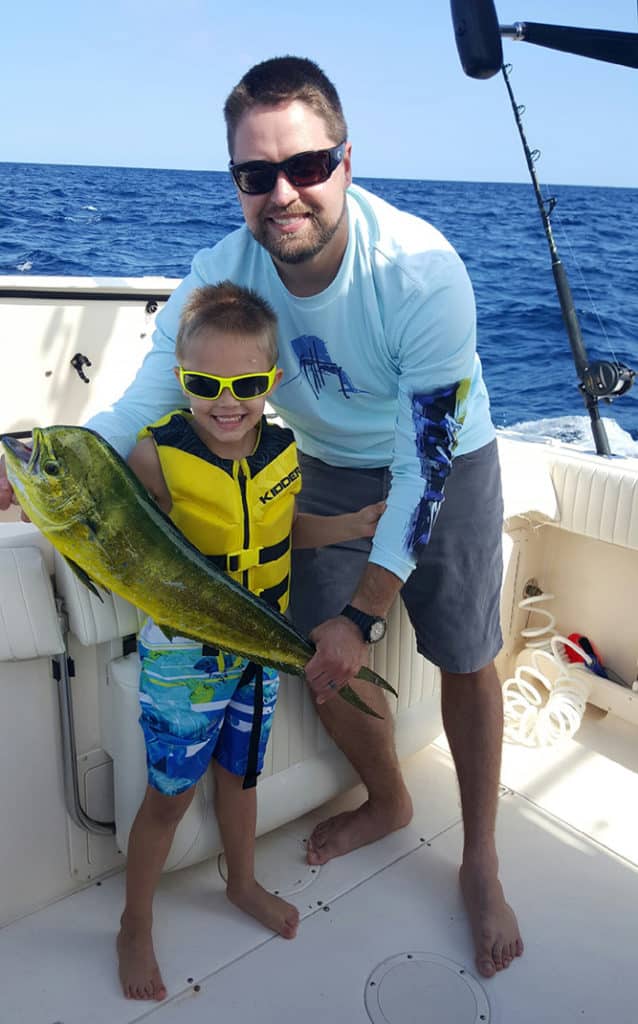
• Lower your expectations. Kids don’t need to catch a marlin to have fun; and for some, a big fish might be scary. Check with the local tackle shop or marina to find out what’s biting and target those species.
• Don’t force a child to touch or de-hook a fish. Do it for them by carefully and respectfully handling the catch. If the fish is of legal size, let the child decide whether to let it go or take it home as a trophy. Use the opportunity to explain the rationale of catch and release.
• Use fishing to instill good safety habits. Water demands respect, as do hooks (use barb-less hooks), teeth and fins. Children should also learn to wear flotation devices, plus sun and eye protection.
• Be positive, caring and upbeat. Keep things simple and minimize frustration. Show junior anglers how to appreciate the outdoors and marine environment. Take time to observe wildlife and properly dispose of trash. Be generous in your praise of newly acquired skills and take plenty of photos and/or video.


